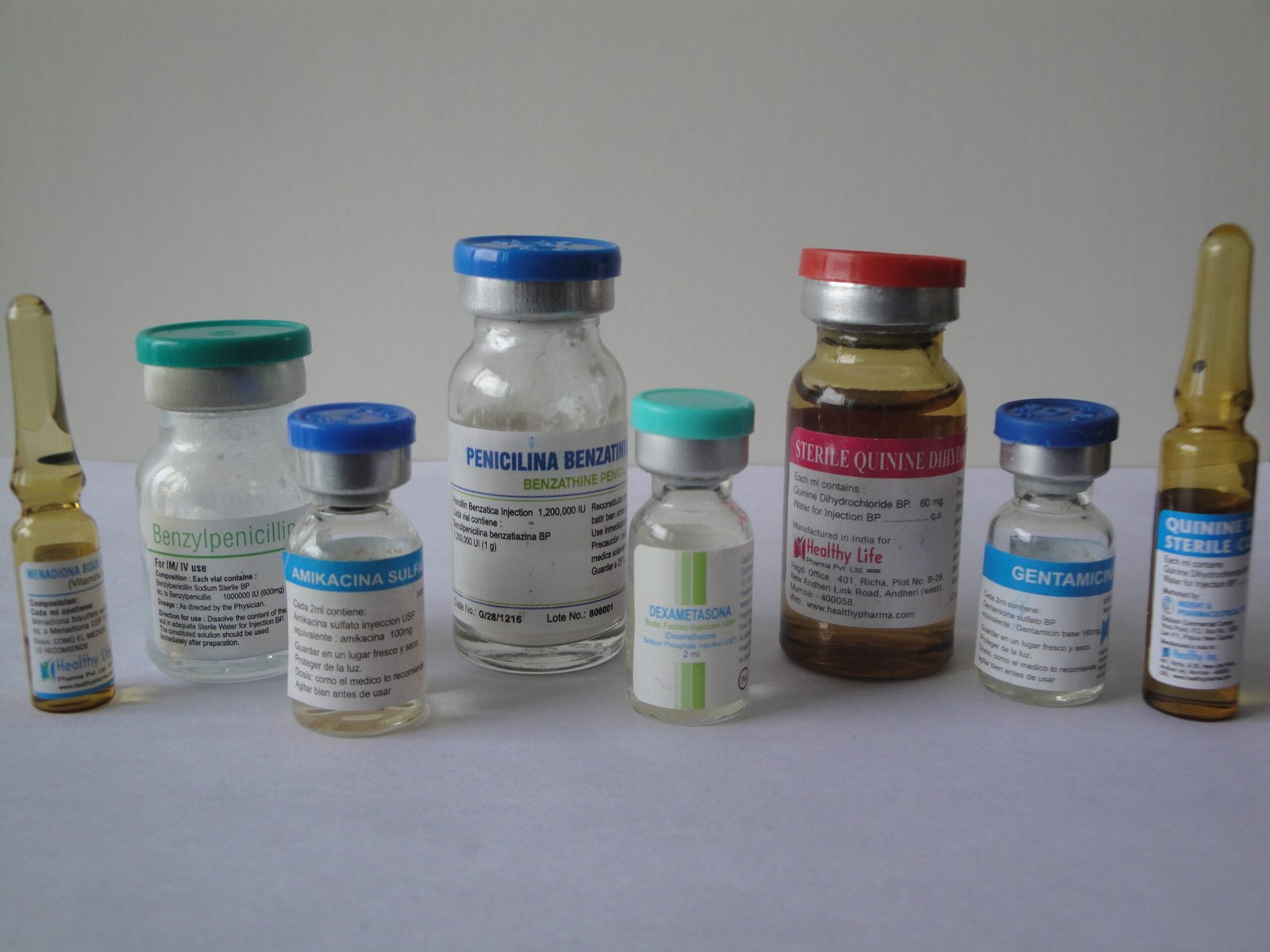Description
Betamethasone veterinary injection
Betamethasone is a corticosteroid medication that has anti-inflammatory and immunosuppressive properties. It is used in both human and veterinary medicine to treat various conditions. Betamethasone sodium phosphate is one form of betamethasone that is commonly used in injectable preparations.
In veterinary medicine, betamethasone sodium phosphate injection may be prescribed for the treatment of inflammatory conditions, allergic reactions, and certain immune-mediated disorders in animals. It can be especially useful in cases where rapid and potent anti-inflammatory effects are required.
Some common veterinary uses of betamethasone sodium phosphate injection include:
Allergic reactions: Betamethasone may be used to control severe allergic reactions or anaphylaxis in animals.
Inflammatory joint conditions: It can be used to alleviate inflammation associated with conditions like arthritis in animals.
Skin disorders: Betamethasone injections may be administered to manage severe dermatological conditions such as allergic dermatitis or other inflammatory skin disorders.
Respiratory conditions: In certain cases, betamethasone may be used to reduce inflammation associated with respiratory conditions in animals.
It’s important to note that the use of betamethasone or any other corticosteroid in veterinary medicine should be under the guidance of a veterinarian. The dosage and frequency of administration will depend on the specific condition being treated, the species of the animal, and other individual factors.
Like any medication, betamethasone can have potential side effects, and its use should be carefully monitored. Prolonged or inappropriate use of corticosteroids can lead to adverse effects such as immune suppression, gastrointestinal issues, and others.
Always follow the veterinarian’s instructions and guidelines for the proper administration of betamethasone sodium phosphate or any other medication prescribed for your pet. If you have any concerns or questions about the treatment, consult with your veterinarian for clarification and guidance.
Betamethasone sodium phosphate is a corticosteroid medication that is used in veterinary medicine to treat various inflammatory and immune-mediated conditions in animals. It is commonly administered by injection. Here are some general considerations and information about the use of betamethasone sodium phosphate in veterinary practice:
Anti-inflammatory and Immunosuppressive Properties: Betamethasone is a potent corticosteroid that helps to reduce inflammation and suppress the immune response. This makes it effective in treating conditions where excessive inflammation or an overactive immune system is causing problems.
Conditions Treated: Veterinary practitioners may use betamethasone sodium phosphate for the management of conditions such as allergic reactions, dermatitis, arthritis, respiratory disorders, and other inflammatory or immune-mediated diseases in animals.
Forms and Administration: Betamethasone sodium phosphate is typically available in injectable forms for veterinary use. The injection may be given intramuscular (into the muscle) or intravenously (into the vein) depending on the specific condition being treated and the veterinarian’s preference.
Dosage and Administration Guidelines: The dosage and administration schedule will depend on the species, weight, and specific condition of the animal. It is crucial to follow the veterinarian’s instructions carefully to ensure the safe and effective use of the medication.
Precautions and Side Effects: Like any medication, betamethasone sodium phosphate has potential side effects. Prolonged or excessive use can lead to adverse effects such as immune suppression, changes in behavior, weight gain, increased thirst and urination, and susceptibility to infections. It is important for the veterinarian to weigh the benefits of treatment against potential risks.
Monitoring: Regular monitoring of the animal’s response to treatment, as well as any potential side effects, is essential. Adjustments to the treatment plan may be necessary based on the animal’s progress.
Withdrawal Periods: In some cases, there may be withdrawal periods for animals treated with betamethasone, especially if the animal is intended for food production. This ensures that residues of the medication are not present in meat or milk.
Always consult with a qualified veterinarian before administering any medication to animals. They can provide specific guidance based on the individual needs and conditions of the animal being treated.



